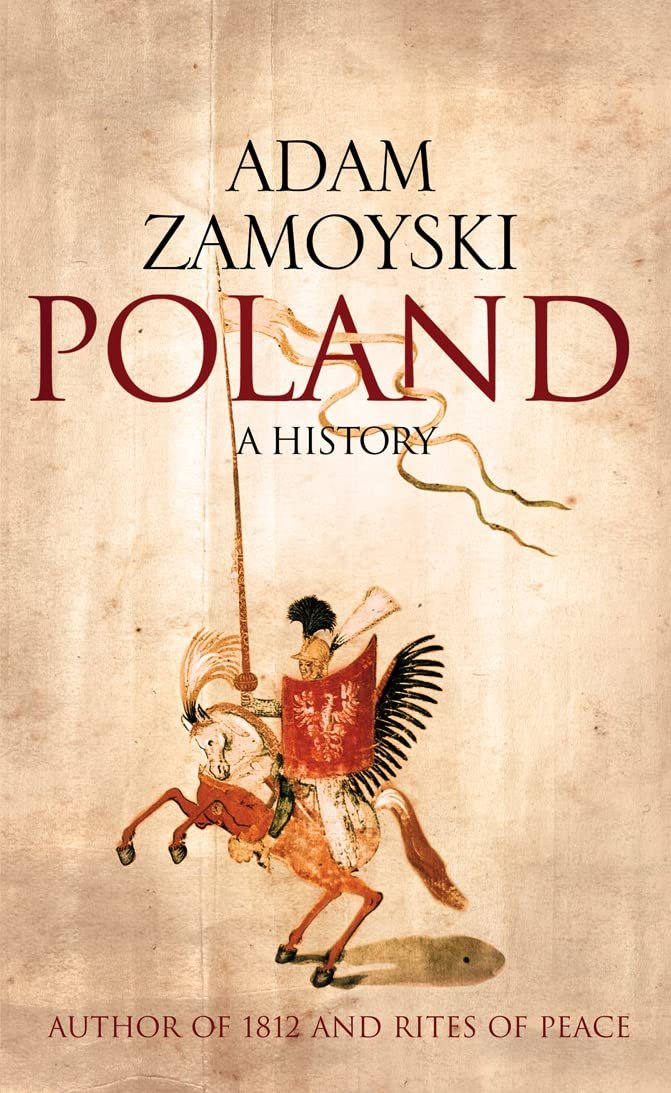POLAND: A History
Although the election of Karol Wojtyła as Pope John Paul II and the dramatic rise of Solidarność had brought Poland into the world’s consciousness, it was not until the collapse of the Soviet empire in 1989 that it returned to life as an independent political entity. Yet few people outside the country had any idea that it had ever been one in the past.
No nation’s history has been so distorted as that of Poland. In 1797 Russia, Prussia and Austria divided the country up among themselves, rewriting history to give the impression that Poland had never been a fully sovereign state, only a backwater that needed civilising. In fact the country they had wiped off the map had been one of the largest and most richly varied in Europe, embracing a wide variety of cultural and religious traditions, accommodated within one of the boldest constitutional experiments ever attempted. Its destruction created an imbalance and initiated a series of struggles that culminated in the two world wars and the Cold War.
Today, after the turmoil of the past two centuries, Poland has re-emerged as one of the most homogenous and vibrant nations of Europe. Adam Zamoyski’s comprehensive but succinct and witty account of her thousand-year history goes a long way to explain how this has come about.
Extracts from reviews of POLAND
‘Fresh, different, and brilliantly readable, a book which feels something like an extensive, chatty letter from on old friend. It is the perfect introduction for those who know nothing about the country, yet will also provide some positive food for thought to those who imagined the knew it all too well.’
Anne Applebaum, Spectator
‘Excellent and authoritative… Such an extraordinary national trajectory demands an accessible and scholarly accounting. Zamoyski succeeds admirably in providing both.’
Daily Telegraph
‘Invaluable and eye-opening.’
The Independent
‘This is an excellent book for those new to Polish history, including perhaps those planning a trip to Poland.’
Financial Times
‘Wise and thoughtful’
Times Literary Supplement
